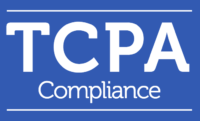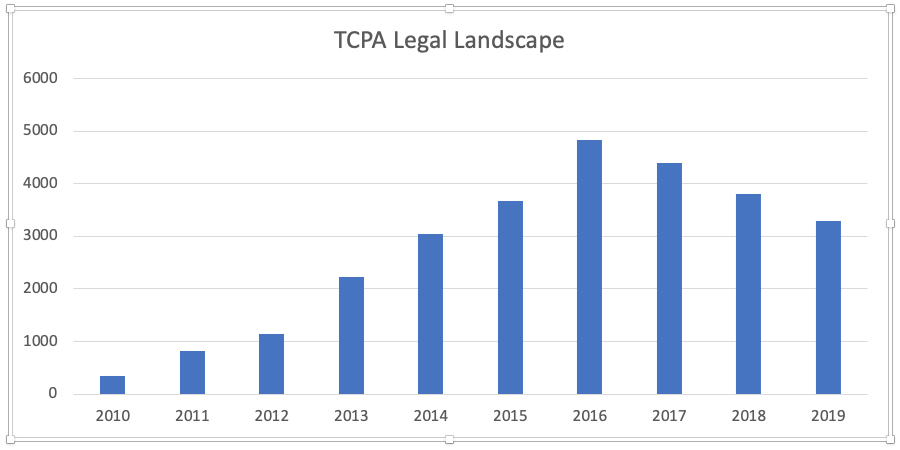<![CDATA[
This past week in cannabis kept our attention fixed on New Jersey, even if a snowstorm wedged its way into the mix and pushed a Feb. 19 legislative deadline into Feb. 22. Gov. Phil Murphy has a chance to sign the state’s adult-use legalization bill into law, granting the mandate of voters, but it remains to be seen how this will go down next week.
Of course, that’s not the only thing happening in New Jersey.
- After the New Jersey medical cannabis dispensary licensing process was halted in late 2019 amid a legal dispute, an appeals court ruling Feb. 18 has once again restored the green light to regulators and prospective businesses. Some 150 applications are back on the table, with the state able to issue up to 24 new licenses. Read more
- SLANG Worldwide is bringing its suite of cannabis brands to Missouri and Virginia, two newly legalized medical cannabis markets that offer a lot of promise to the business. In the same stroke, SLANG is expanding its presence in Michigan’s retail sector. Read more
- Despite Curaleaf’s share prices dropping after a warning letter from the FDA, a judge found the company has been transparent about risks associated with the industry. Read more
- HEXO Corp. announced its acquisition of Zenabis Global Inc. earlier this week, a major headline that sees the Canadian licensed producer planting a flag in Europe’s cannabis market. Read more
- New York Gov. Andrew Cuomo announced 30-day amendments to the Governor’s proposal to establish a comprehensive adult-use cannabis program in New York. Read more
And elsewhere on the web, here are the stories we’ve been reading this week:
- Yahoo! Finance: “Jamaican export legislation, expected to be finalized in mid-2021, is back on track, and the global industry’s need for a solution to quell supply shortages remains.” Read more
- Pasadena Star News: Nearly a dozen lawsuits from different cannabis companies had been filed against the city of Pasadena since 2019, and now most of them are gone. Read more
- San Francisco Chronicle: “Medical marijuana workers now have priority access to the coronavirus vaccine, under revised California guidelines.” Read more
- Leafly: As of January 2021, the U.S. cannabis industry is supporting 321,000 full-time jobs. Read more
- High Times: The London Stock Exchange will now allow cannabis businesses to trade publicly. Read more
]]>



